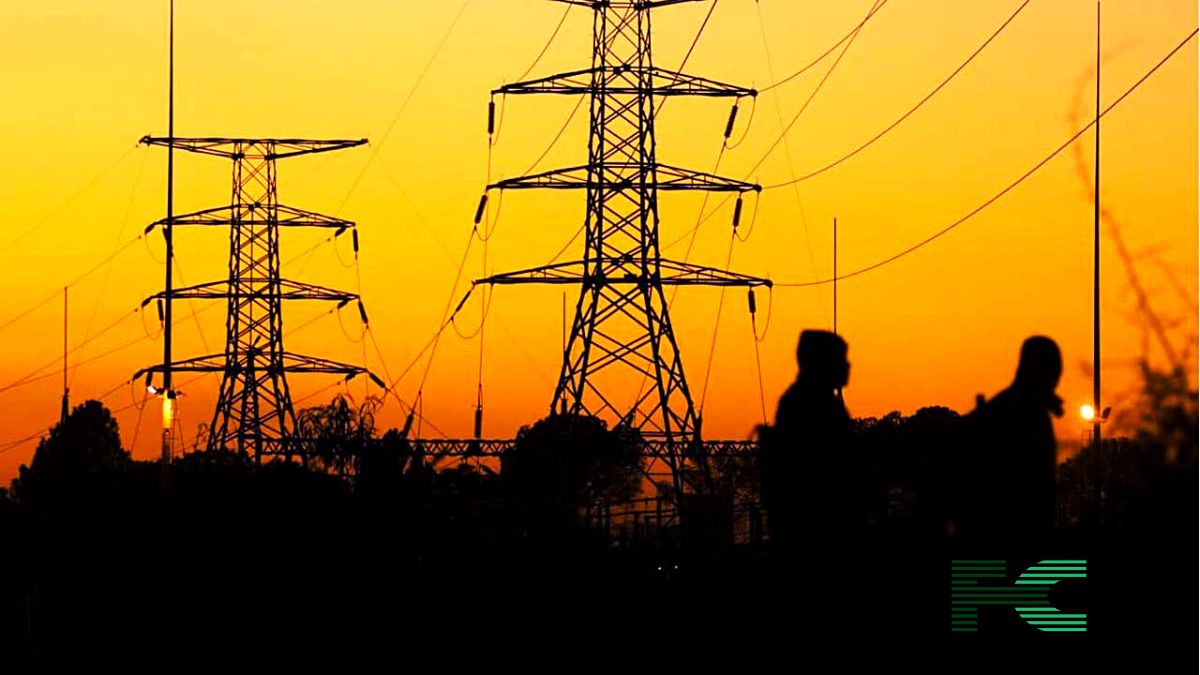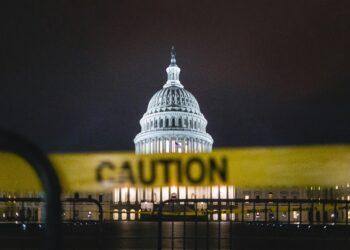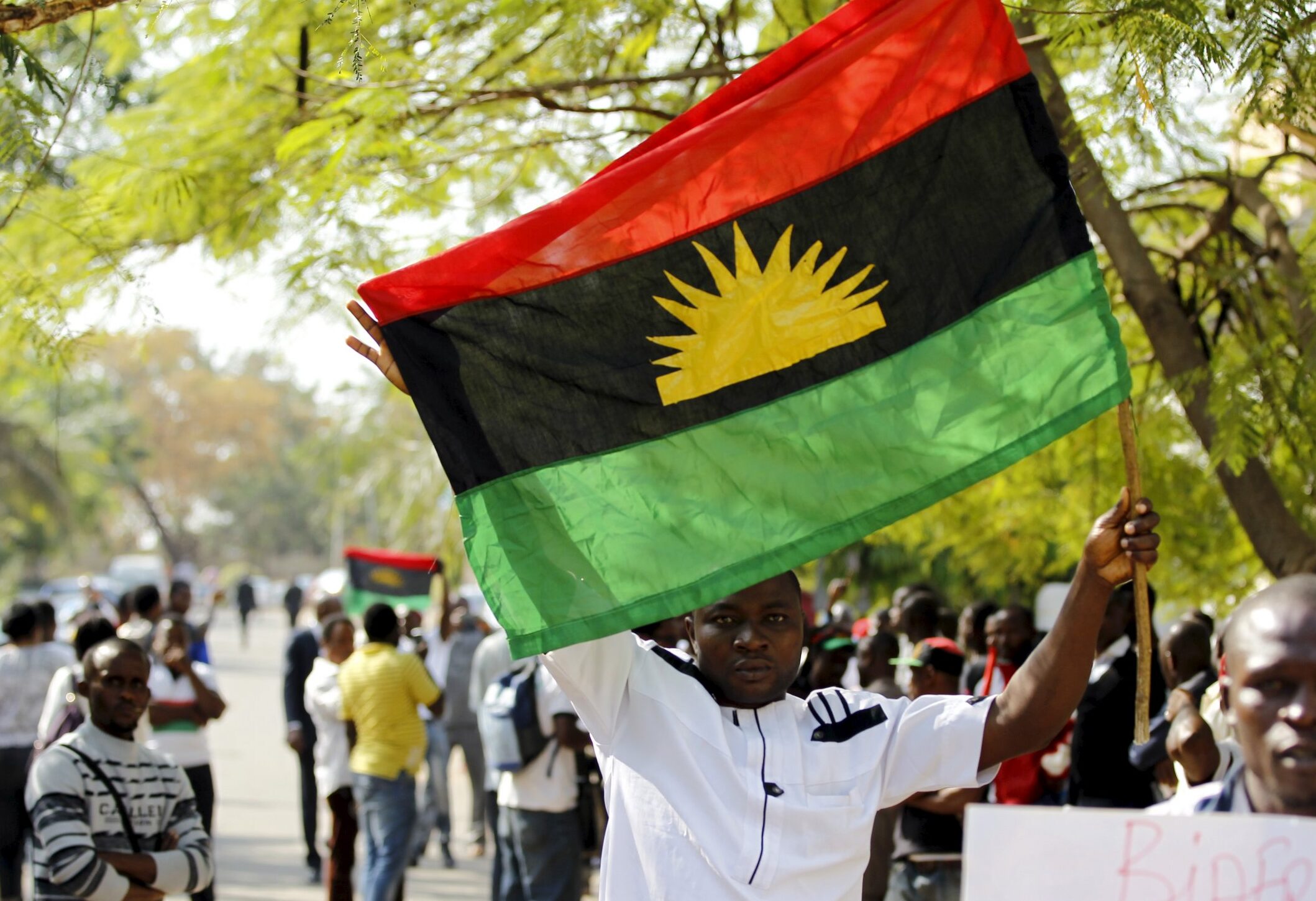Nigeria’s electricity distribution companies experienced what they termed “a total system collapse” on Thursday. The crisis unfolded due to a devastating fire that erupted along a critical transmission line, plunging Africa’s largest economy into widespread darkness. Thankfully, power slowly began to return.
Adebayo Adelabu, the Minister for Power, revealed that the fire led to an explosion on the transmission line linking the Kainji and Jebba power plants in the northern-central state of Niger. This incident triggered a major disruption in the power grid.
Adelabu assured the public, stating, “The fire has been fully contained, and more than half of the connections have been restored. The rest will follow suit shortly.”
In the early hours, power generation plummeted to zero, but it gradually climbed to 1,341 megawatts (MW) by 1400 GMT, still significantly below the daily average of 4,100 MW, as per data from the Transmission Company of Nigeria (TCN). TCN did not respond to requests for further information.
Nigeria has long grappled with erratic grid power, despite being a significant oil and gas producer. Consequently, households and businesses, including vital oil firms and manufacturers, have been forced to rely on diesel and petrol generators. This has put a considerable financial strain on many, especially since the removal of fuel subsidies by President Bola Tinubu in May.
In Lagos, a city accustomed to near-daily power cuts, some residents expressed shock at the nationwide blackout. Fortunately, the Lagos-based Eko Electricity Distribution Company, one of the largest in the country, reported that grid power was slowly being restored.
It’s worth noting that the grid has collapsed at least four times in 2022, with authorities often attributing these incidents to technical issues. Despite having an installed capacity of 12,500 MW, Nigeria typically generates only a quarter of that capacity.
In light of these ongoing challenges, many Nigerians have turned to alternative power sources such as solar systems to cope with the unreliable electricity supply. The cost of fuel for generators has become a heavy financial burden for individuals and businesses alike. In essence, Nigeria’s electricity woes remain a persistent issue that continues to affect daily life.
As we ponder this situation, dear reader, we invite you to share your own experiences with the consistency of electricity in your area.














